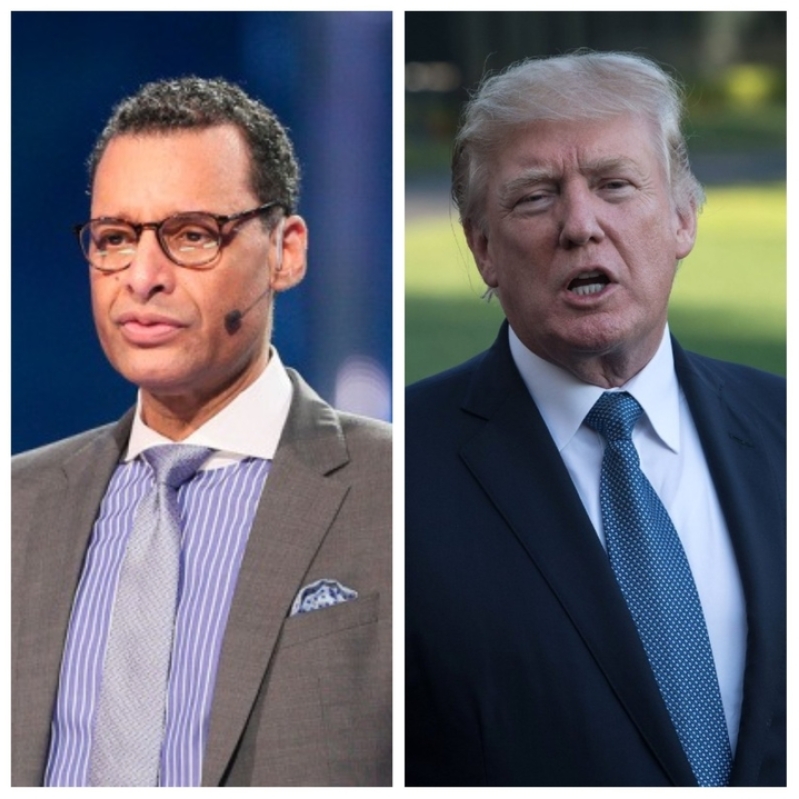
Dr. A.R. Bernard, founder and CEO of the Christian Cultural Center, New York City's largest evangelical congregation, has explained why he left Donald Trump's Evangelical Advisory Council and compared the president's election to the to the rise of King Saul in Old Testament Israel.
In a recent appearance on "Full Frontal with Samantha Bee," Bernard said he resigned from the Evangelical Advisory Board in August after realizing he would not be able to influence policy through the group's work.
"[I felt] that I would be a minority voice at the table to help influence policy, ideas, initiatives. Fast forward to May of 2017, sitting in the Blue Room next to him at a table having dinner, so I engaged him [Trump] and I seized a good 15, 20 minutes to talk about the inner city, " Bernard said.
However, the president did not appear interested in the pastor's concerns and seemed more interested in the fact that he had made it to the White House.
"It was like a person so fascinated with being where they are that that was the most important thing," the pastor said.
While Trump "doesn't come across as someone who legitimately knows the Bible," Bernard contended that the situation isn't "all bad because America has been exposed."
"We've been forced to have a conversation that we've needed to have since the Civil War," he said. "I interpret it [Trump's election] as Saul, someone who was put into power not at the desire of God but as concession to the people and who ended up exposing the spiritual and moral condition of the nation."
When asked what he would say to his colleagues who remain on the president's advisory board, Bernard said, "Hold [Trump] accountable. Put your relationship, your access at risk. Be willing to walk away, be willing to demonstrate that you have a set of convictions beyond just your redemptive motivations for his soul. You have a responsibility to a nation."
Other prominent voices on the advisory board, like pastors Robert Jeffries and Paula White, have offered a far different perspective on the presidency.
Earlier this year, White made headlines after saying that while the president may not be the most "polished politician," he has been "authentically raised up by God."
"[W]e are more impressed with a Saul anointing than a David anointing because we are more impressed with what looks right than what is right. Therefore, we choose things that we think should sound right, should act right. They say about our president, 'Well, he is not presidential.' Thank goodness. Thank goodness. Thank goodness," White said. "And I mean that will all due respect. Because in other words, he is not a polished politician. In other words, he is authentically - whether people like it or not - has been raised up by God."
"Because God says that He raises up and places all people in places of authority," she continued. "It is God who raises up a king. It is God that sets one down. When you fight against the plan of God, you are fighting against the hand of God."
Johnnie Moore, an evangelical communications executive and a prominent advocate for persecuted Christians around the globe, told The Gospel Herald that evangelicals "absolutely have a friend in the White House" despite what some may say.
"He believes in the power of pray and he wants to be prayed for," Moore said. "His speeches include more references to God and more biblical allusions than any other previous president.
"It's not that we agree with the president all the time, but when it comes to the areas that we express the greatest concern again and again, he's demonstrated that he truly cares," Moore added. "A lot of us feel like we've got the White House on speed dial; we've been heard and reacted to."






